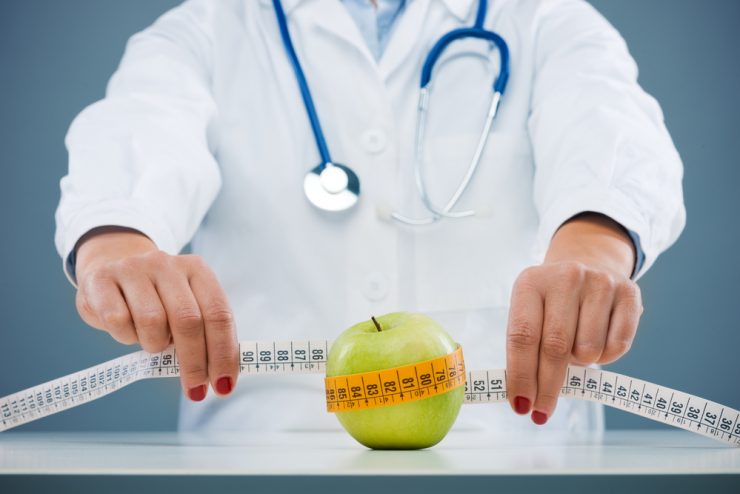Polycystic ovary syndrome (PCOS) is a condition affecting women in which there are numerous small cysts around the edges of the ovaries. The condition causes several symptoms but the primary issue is infertility. Women with PCOS either do not ovulate or ovulate infrequently.
Polycystic ovary syndrome often is associated with insulin resistance and weight gain. Insulin resistance may lead to sugar cravings which only worsen the condition. Sugary carbohydrates should be limited and replaced with wholegrain carbohydrates like wholemeal breads and whole wheat pasta, which will keep blood sugar levels stable. Protein-rich foods are important, such as fish, tofu, and lean meats. Plenty of fruits and vegetables should be included in the diet.
According to the National Health Service, weight reduction can help people with polycystic ovary syndrome. A weight loss of just five per cent has been shown to improve PCOS significantly, says the NHS. Losing weight reduces the amount of insulin the body reduces, thus reducing testosterone levels and improving chances for ovulation. Excessive hair growth and acne will decrease, as well.
Several different supplements may help with the symptoms of polycystic ovary syndrome. Agnus castus and chasteberry help balance hormones. Essential fatty acids, such as found in fish oil, help with many conditions, and hormone balance is one of them. Chromium helps lower glucose levels, and garlic and magnesium can help with insulin resistance. For sufferers with excessive hair growth and acne, saw palmetto may help. Vitamins that may help are vitamin B12, vitamin B6, folic acid, vitamin D, and zinc.











